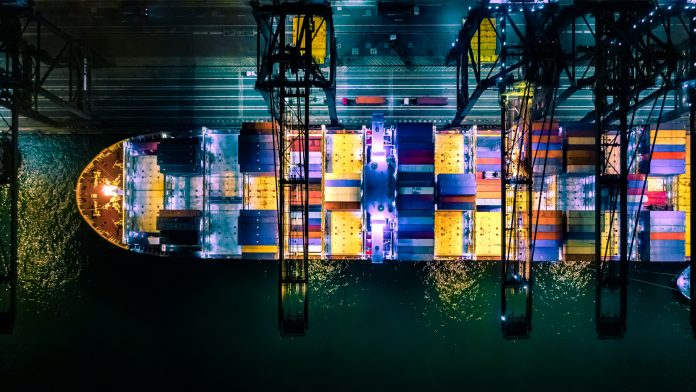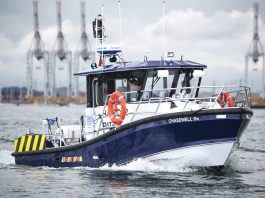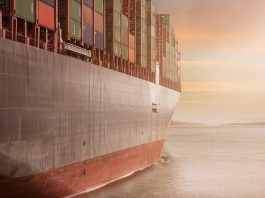Autonomous shipping technologies have the potential to transform the trade sector by increasing sustainability and minimising vessel collision.
In the wake of the COVID-19 pandemic, autonomous shipping could reduce contact in freightage, minimising the likelihood of contagion. Autonomous ships can also reduce human error, decrease crewing costs, increase the safety of aquatic life, and increase fuel efficiency. According to the International Chamber of Shipping (ICS), maritime vessels constitute 90% of all international trade, therefore autonomous innovation in shipping could revolutionise the sustainability and efficiency of the trade sector.
Globally, there are approximately 3,000 marine collisions each year, costing companies upwards of $20bn. Studies show that three quarters of collisions are due to human error – which current collision avoidance methods are not compensating for. With the introduction of autonomous shipping technologies, collisions will be dramatically reduced and potentially eliminated entirely.
Avoiding collisions with AI and machine learning
Machine learning avoidance systems can collect data based on position, speed, and route to suitably assess the risk of collision. Tel Aviv-based Orca AI is developing a collision avoidance system that is currently being piloted by several shipping companies. The technology combines Artificial Intelligence (AI) and data collection to create an awareness system that predicts hazards, alerting operators of impending collisions.
Another collision avoidance tool is being developed by Fujitsu Laboratories. In collaboration with the Japanese Coast Guard, Fujitsu are testing AI-based technologies to calculate the risk of collision and near-misses from traffic control rooms. “Using risk values calculated by Fujitsu’s technologies, operators can proactively detect vessels at risk and prioritise them. This will help in preventive planning while offering accurate information to vessels,” says Hiraku Fujimoto, manager of systems division IV, social systems unit at Fujitsu Limited.
Reducing fuel consumption with autonomy
Another method of using AI and machine learning techniques allows innovators to predict sea conditions, allowing ship captains to alter their fuel consumption. Scientists from Shell and the University of Southampton have trialled a new digital dashboard that predicts sea conditions whilst also interpreting the depth and angles of a ship to optimise the amount of fuel needed in any situation.
Whilst studying for her PhD, Amy Parkes from the University of Southampton developed this new modelling technique. She said: “Shell collects an enormous amount of data from these vessels and this app is designed to monitor and adapt to these variables to save power without changing the ship’s overall speed.”









